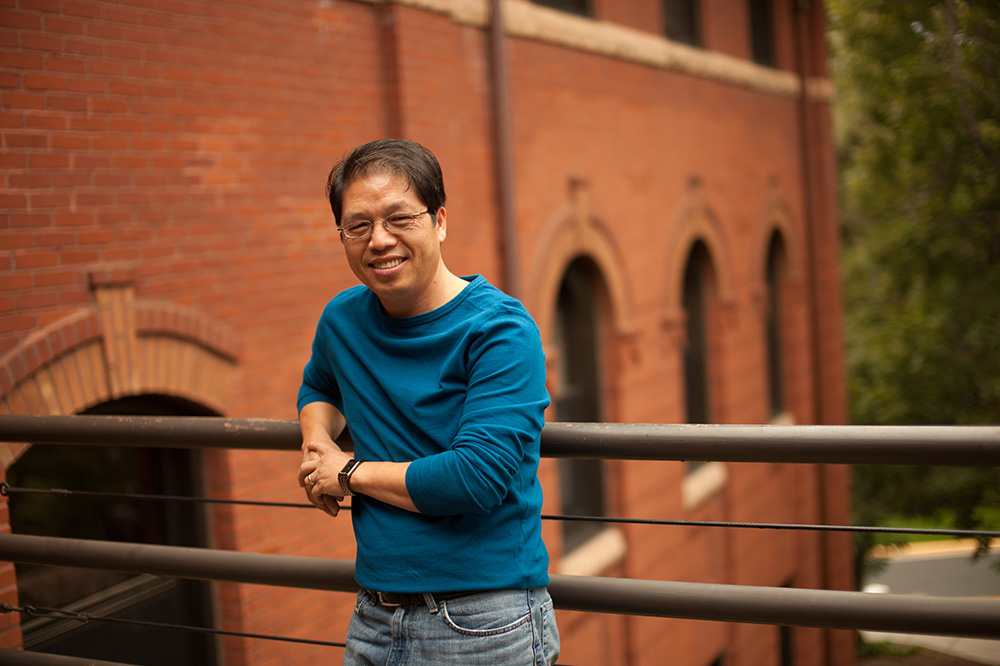Every immigrant community experiences a clash between generations—between parents who grew up in the old world and children growing up in the new one. It’s a phenomenon Zha Blong Xiong knows firsthand. When he came to the United States with his family in 1982, he was 14 years old and spoke no English. For two years before that he had lived, like so many others who had fled Laos, in a refugee camp in Northern Thailand.
“I was always hungry for education, because I didn’t have the opportunity back in Laos,” Xiong says. “I was running from the Communists all the time, and so my formal education was completely disrupted.”
Xiong is now an associate professor in the Department of Family Social Science and the first tenured Hmong professor at a large research university. He remains particularly attuned to questions of education across the generation gap in Southeast Asian communities. After learning English at Hastings Senior High School, Xiong earned his bachelor’s at Winona State University. He completed his master’s degree and doctorate at the University of Minnesota, in the department he continues to call home.
“When I came to family social science, I was very passionate about helping people like myself, kids who grew up in immigrant families,” he says. “But I realized that to be a therapist may not have as much of an impact as being a scholar.”
Xiong’s recent research has focused on parents and elders. For three years, he’s worked on the Statewide Tobacco Education and Engagement Project, a collaboration between Lao, Hmong, Cambodian, and Vietnamese volunteers. He notes that the project has been historic, “because these groups don’t often come together.”
The program emphasizes education rather than treatment for tobacco use, partly because cigarettes are so ingrained in social customs, and partly because the stigma of addiction is strong. “When people think that there’s a problem, it’s very shameful for them to seek help,” he says. “So we expose people to the dangers first and then engage people and refer them to treatment.”
Xiong is also working with students at HOPE Community Academy on the Photo Voice project, where kids document their lives on digital cameras and answer such questions as, “What do you like about your family?” He has also collaborated on a study of school readiness in the Hmong and Lao communities and developed an early-childhood curriculum.
Xiong created Helping Youth Succeed, a curriculum for immigrant parents to better communicate and problem-solve with their adolescent children—a skill with potential social consequences. “Every time you see a new immigrant population, no matter which group, you can expect to see gang involvement for seven to ten years after they arrive in this country,” says Xiong.
Xiong, whose family came to the region following an aunt who had been sponsored by a Rosemount church, is now a father of five, himself. His children span in age from 15 months to 17 years.
Teaching parents requires some humility, reaching out to the community rather than talking down to it—a lesson Xiong learned and keeps passing on. “I was naive and young back in 1999, because I thought anyone could deliver the curriculum to parents,” he says. “For Southeast Asians, you have to have trust and credibility in the community for people to listen to you. So people listen to the shaman, because the shaman has some expertise, or the doctor. They don’t just listen to any young college graduate.”
Story by Peter S. Scholtes | Photo by Justin Evidon | September 2010
